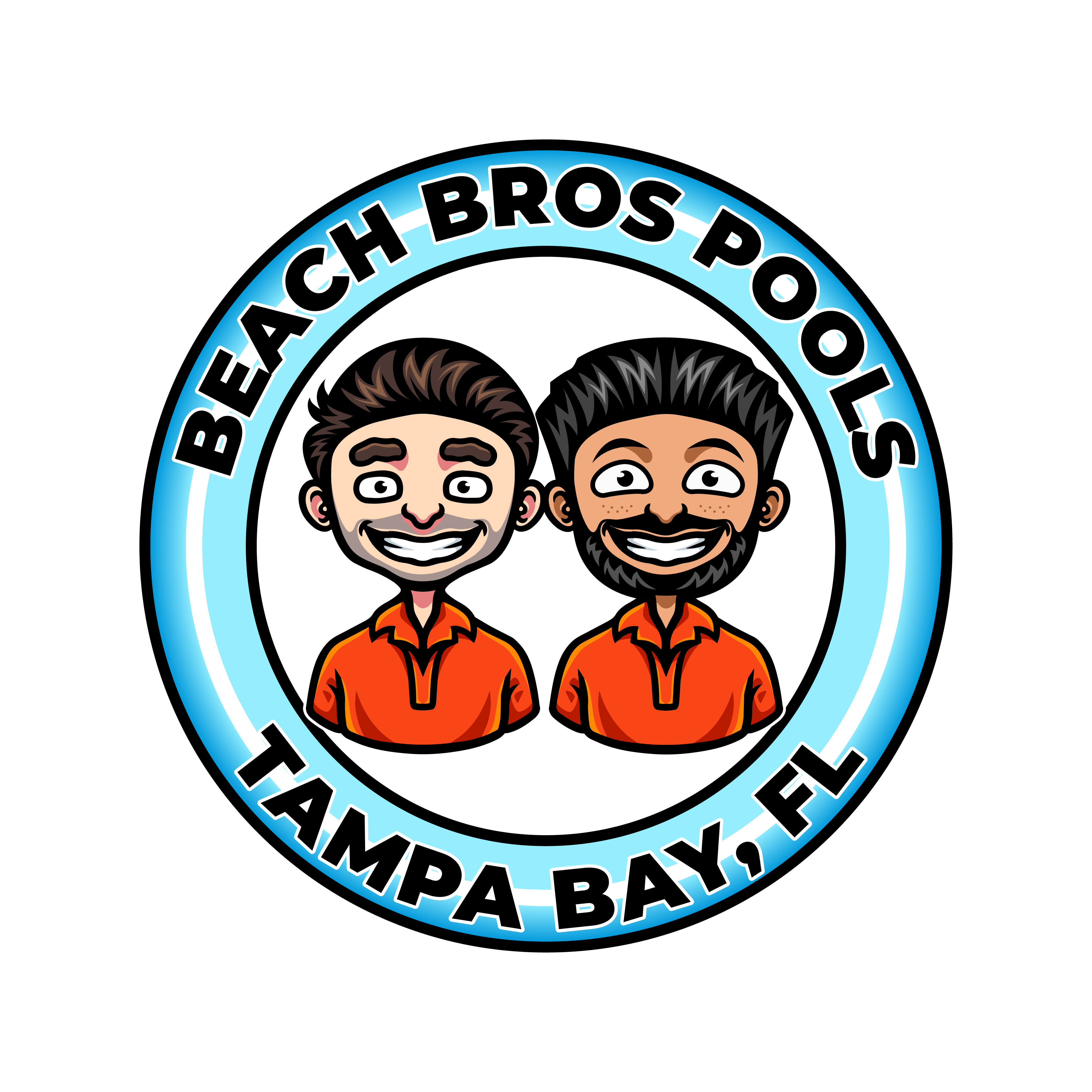How to Clean a Pool Filter: A Step-by-Step Guide
Keeping your pool filter clean is essential for maintaining clear and healthy water. A dirty filter can strain your pool pump, reduce water circulation, and even lead to costly repairs. This step-by-step guide will show you how to clean your pool filter effectively, whether you have a cartridge, sand, or diatomaceous earth (DE) filter.
Why Is Cleaning Your Pool Filter Important?
Your pool filter plays a crucial role in trapping dirt, debris, and other contaminants, keeping your pool water crystal clear. Over time, filters accumulate debris, which can cause:
Reduced water flow
Increased pump pressure
Cloudy or murky pool water
Potential algae growth
How to Clean a Cartridge Pool Filter
Cartridge filters are common in residential pools and are relatively easy to clean. Here's how:
Supplies Needed
Garden hose
Bucket or container (optional)
Filter cleaning solution (optional)
Step-by-Step Instructions
1. Turn Off the Pool Pump
Always turn off the pump and relieve any built-up pressure by opening the air relief valve.
2. Remove the Filter Cartridge
Open the filter housing and carefully remove the cartridge.v
3. Rinse the Cartridge
Use a garden hose with a spray nozzle to rinse off debris. Aim for a 45-degree angle to avoid damaging the pleats.
4. Soak the Cartridge (Optional)
For a deeper clean, soak the cartridge in a filter cleaning solution for a few hours. Rinse thoroughly afterward.
5. Reassemble and Restart
Place the clean cartridge back into the housing, secure the lid, and turn on the pump.
How to Clean a Sand Pool Filter
Sand filters require backwashing to remove trapped debris. Follow these steps:
Supplies Needed
Backwash hose
Pool filter sand cleaner (optional)
Step-by-Step Instructions
1. Turn Off the Pool Pump
Ensure the pool pump is off before making any adjustments.
2. Set the Valve to "Backwash"
Rotate the multiport valve to the "Backwash" setting.
3. Backwash the Filter
Turn the pump on and let it run for 2-3 minutes or until the water in the sight glass runs clear.
4. Rinse the Filter
Set the valve to "Rinse" and run the pump for 30 seconds to settle the sand.
5. Return to Normal Operation
Set the valve back to "Filter," and restart the pump.
Set the valve back to "Filter," and restart the pump.
How to Clean a DE Pool Filter
DE filters are highly efficient but require a more thorough cleaning process.
Supplies Needed
DE powder
Garden hose
Filter cleaning solution (optional)
Step-by-Step Instructions
1. Turn Off the Pump and Relieve Pressure
Shut off the pump and open the air relief valve.
2. Backwash the Filter
Rotate the multiport valve to "Backwash" and run the pump until the sight glass water runs clear.
3. Disassemble the Filter
Open the housing and remove the filter grids.
4. Rinse the Grids
Spray the grids with a garden hose to remove debris.
5. Soak the Grids (Optional)
Use a filter cleaning solution for a deep clean. Rinse thoroughly before reassembly.
6. Reapply DE Powder
After reassembling the filter, add fresh DE powder through the skimmer while the pump is running.
Tips for Maintaining Your Pool Filter
Check the Pressure Gauge: Clean your filter when the pressure rises 8-10 psi above normal.
Clean Regularly: Aim for every 1-3 months, depending on usage.
Use Quality Products: Invest in filter cleaning solutions for deep cleans.
Monitor Water Quality: Keep an eye on water clarity and circulation to spot potential issues early.
Conclusion
Regularly cleaning your pool filter is key to enjoying sparkling, safe water all season long. Whether you have a cartridge, sand, or DE filter, following these steps will keep your pool in top condition and extend the life of your equipment. Make pool filter cleaning part of your routine, and you'll spend less time troubleshooting and more time swimming!
Sounds like this is something better left to a pool professional? Contact us using the form below.
Interested in professional pool service?
Contact us to request service
FAQS
How can I request a quote for your pool cleaning services?
Requesting a quote is easy! You can reach out to us through our website's contact form, call our service team at (727) 223-1124, or send us an email at info@beachbrospools.com. One of our friendly team members will promptly get in touch with you to discuss your specific pool cleaning needs and provide you with a customized quote tailored to your requirements.
What areas do you service?
We service swimming pools throughout the Tampa Bay area. Our service area includes: Largo, Tampa, Dunedin, Oldsmar, Trinity, Seminole, East Lake, Highpoint, Clearwater, Ridgecrest, Citrus Park, Palm Harbor, Feather Sound, Safety Harbor, Belleair, St. Petersburg, Tarpon Springs, Westchase, Town 'N' Country, Greater Carrollwood. We service Pinellas, Hillsborough, and Pasco counties.
Are you insured and certified?
Yes, we have general liability insurance. Our technicians are certified to service any pool, including commercial and public pools, in the state of Florida. Beach Bros Pools' technicians hold either a Certified Pool Technician (CPT) or Certified Pool Operator (CPO) certification.
How long should I run my pool equipment?
For private residential pools, we suggest that you run your pool pump for at least 6-8 hours/day. Because Tampa Bay can reach high temperatures, we suggest you run your pump for at least 8-12 hours/day in the warmest months.
Why is my pool water cloudy?
The most common causes of a cloudy pool are poor filtration, high pH, high alkalinity, and contaminants. If your swimming pool is cloudy, please reach out to us for a quote. We would love to clear up your pool for you. This is not likely to occur if you receive our weekly services.
Why is it important to keep my pool chemistry balanced?
Keeping your pool chemistry balanced is important to ensure a safe and healthy swimming environment. Low chlorine levels can lead to bacteria and unsanitary conditions. Too many chemicals can also be harmful, especially for your eyes, skin, and hair.
